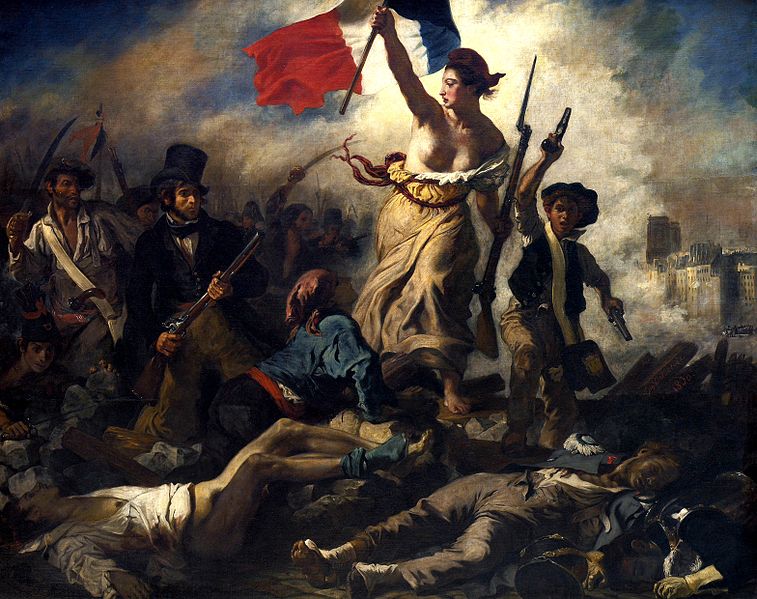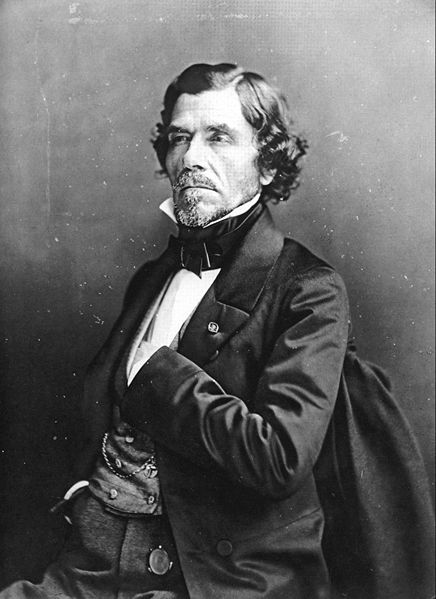下面比网校雅思频道为大家整理了雅思听力材料:德拉克洛瓦-自由引导人民(BBC纪录片),供考生们参考,以下是详细内容。
剧情简介:
在美丽的画作与雕像背后,往往隐藏着许多鲜为人知的故事。这套得奖节目揭露了多个经典的艺术作品背后传奇而又迷人的故事。本影片不仅介绍了每件作品的创作历程,而且还详述了它们对世人的影响。这些杰作影响后世至深,就算历经多个时代,也能绽放出耀目的光芒,是鉴赏家不容错过的经典。
更多雅思听力材料:旷世杰作的秘密(BBC纪录片)全集
BBC:The Private Life of A Masterpiece-Liberty Leading the People(德拉克洛瓦-自由引导人民)
作品简介:
Liberty Leading the People

Liberty Leading the People (French: La Liberté guidant le peuple) is a painting by Eugène Delacroix commemorating the July Revolution of 1830, which toppled Charles X of France. A woman personifying Liberty leads the people forward over the bodies of the fallen, holding the tricouleurflag of the French Revolution in one hand and brandishing a bayonetted musket with the other. The painting is perhaps Delacroix's best-known work.
作者简介:
Eugène Delacroix

Ferdinand Victor Eugène Delacroix (French: [ø.??n d?.la.k?wa]; 26 April 1798 – 13 August 1863) was a French Romantic artist regarded from the outset of his career as the leader of the French Romantic school. Delacroix's use of expressive brushstrokes and his study of the optical effects of colour profoundly shaped the work of the Impressionists, while his passion for the exotic inspired the artists of the Symbolistmovement. A fine lithographer, Delacroix illustrated various works of William Shakespeare, the Scottish writer Walter Scott and the German writer Johann Wolfgang von Goethe.
In contrast to the Neoclassical perfectionism of his chief rival Ingres, Delacroix took for his inspiration the art of Rubens and painters of the Venetian Renaissance, with an attendant emphasis on colour and movement rather than clarity of outline and carefully modelled form. Dramatic and romantic content characterized the central themes of his maturity, and led him not to the classical models of Greek and Roman art, but to travel in North Africa, in search of the exotic. Friend and spiritual heir to Théodore Géricault, Delacroix was also inspired by Lord Byron, with whom he shared a strong identification with the "forces of the sublime", of nature in often violent action.
However, Delacroix was given to neither sentimentality nor bombast, and his Romanticism was that of an individualist. In the words of Baudelaire, "Delacroix was passionately in love with passion, but coldly determined to express passion as clearly as possible."
